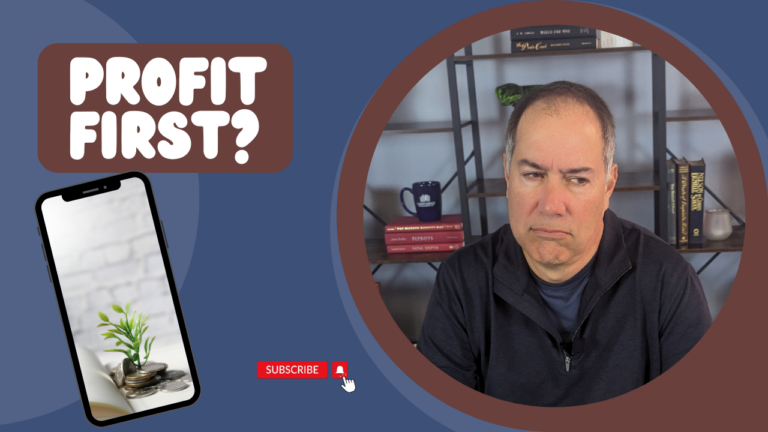Cost Leadership vs Differentiation | Which One is Best for Small Businesses
Matt watches and goes over the difference between cost leadership and differentiation when it comes to competitive advantage in business.
There are tons of people out on social media giving business advice. Some of it is good advice, but most of it isn’t good. In this series watch CapForge’s owner react to different advice videos. He’s an expert in all things business and has 20+ years of experience under his belt. Some of the things he reacts to might even surprise you!
Video Transcript:
Business Advice Video:
In 1985 Harvard professor Michael Porter came up with the generic competitive strategies model. In the model you have two extremes; cost leadership and differentiation. With cost leadership, a business seeks to become the lowest cost offering in the industry by pursuing economies of scale, using technology, and having cheap stuff. With differentiation, you look for one or more attributes that buyers in an industry see as important and you uniquely position yourself to meet those needs. For your uniqueness, you’re rewarded with a premium price. Yeah, you can pursue cost leadership but in an era of hyperinflation, it’s getting harder and harder to maintain those cost advantages. Margins are getting eroded, employees are demanding higher wages, and the cost of technologies going up. Not only that, but in cost leadership you have no customer loyalty and you’re plagued with problems.
Matt’s Review:
Okay, I haven’t heard that particular take before on differentiation, but I have heard of Michael Porter. And he is pretty famous in the business world as being somebody who’s given a lot of thought to how businesses can succeed. And on the surface of this at least without thinking about it further, I don’t have any argument with those two ways to kind of get ahead. There is you know offering the lowest cost but that only really makes sense if you can also have the lowest production cost, right? So the lowest price have the lowest cost that makes sense. Don’t just cut your prices without really being able to do it any cheaper than anyone else, just to try to gain business. That’s a quick race to unprofitability and going out of business. You have to have some way you can in fact survive and have good margins or even excellent margins, even when selling at a lower price than other people can do. Walmart does it because they essentially strong-arm their suppliers into giving them very low cost that they won’t give anyone else because they buy in such huge volumes. So that’s Walmart’s way and being able to compete on price just because of their size. Other businesses can compete on price because they have better technology, or the patented process, or something that lets them do things cheaper than anyone else. And so they can even at offering a lower price they can still be successful.
But this is something that 99% of small businesses should not be trying to do because you don’t have a cost advantage of your small business. So you wanna go the other direction and find something that makes you unique or better than or specialized. And for that reason you don’t have to offer – you don’t have to be a premium price. you don’t have to be the other end of that where you offer a ridiculously high nosebleed price and only hope that there’s a few customers out there that pay it. But you just don’t have to be the lowest cost. You don’t have to try to compete on price. You’ve got some other reason that people are willing to pay more than the lowest possible price to work with you or get your product because you got something different, better than whatever the other options are. And that’s what the vast majority of small businesses should be focusing on. Figuring out what their value is and then making sure the customers understand that so that they’re not quibbling about the price. They’re more excited about getting the solution that fits their exact needs.








